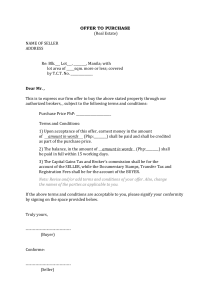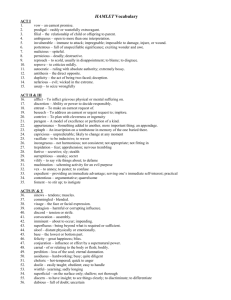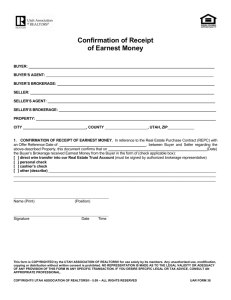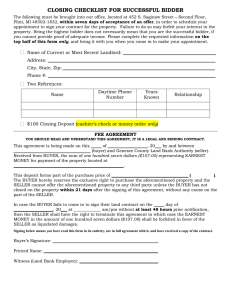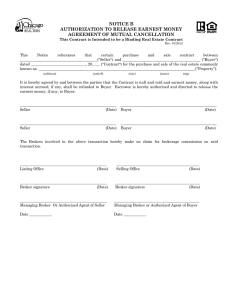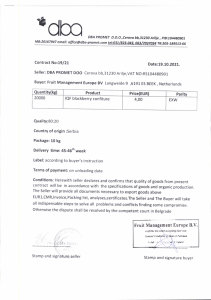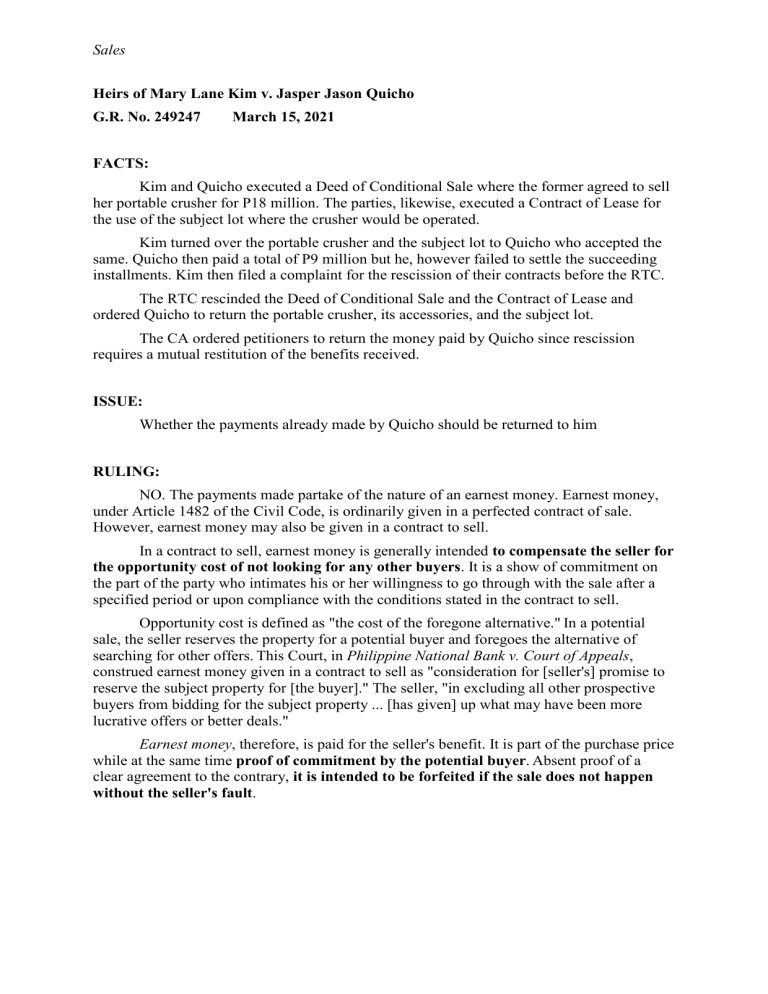
Sales Heirs of Mary Lane Kim v. Jasper Jason Quicho G.R. No. 249247 March 15, 2021 FACTS: Kim and Quicho executed a Deed of Conditional Sale where the former agreed to sell her portable crusher for P18 million. The parties, likewise, executed a Contract of Lease for the use of the subject lot where the crusher would be operated. Kim turned over the portable crusher and the subject lot to Quicho who accepted the same. Quicho then paid a total of P9 million but he, however failed to settle the succeeding installments. Kim then filed a complaint for the rescission of their contracts before the RTC. The RTC rescinded the Deed of Conditional Sale and the Contract of Lease and ordered Quicho to return the portable crusher, its accessories, and the subject lot. The CA ordered petitioners to return the money paid by Quicho since rescission requires a mutual restitution of the benefits received. ISSUE: Whether the payments already made by Quicho should be returned to him RULING: NO. The payments made partake of the nature of an earnest money. Earnest money, under Article 1482 of the Civil Code, is ordinarily given in a perfected contract of sale. However, earnest money may also be given in a contract to sell. In a contract to sell, earnest money is generally intended to compensate the seller for the opportunity cost of not looking for any other buyers. It is a show of commitment on the part of the party who intimates his or her willingness to go through with the sale after a specified period or upon compliance with the conditions stated in the contract to sell. Opportunity cost is defined as "the cost of the foregone alternative." In a potential sale, the seller reserves the property for a potential buyer and foregoes the alternative of searching for other offers. This Court, in Philippine National Bank v. Court of Appeals, construed earnest money given in a contract to sell as "consideration for [seller's] promise to reserve the subject property for [the buyer]." The seller, "in excluding all other prospective buyers from bidding for the subject property ... [has given] up what may have been more lucrative offers or better deals." Earnest money, therefore, is paid for the seller's benefit. It is part of the purchase price while at the same time proof of commitment by the potential buyer. Absent proof of a clear agreement to the contrary, it is intended to be forfeited if the sale does not happen without the seller's fault.
